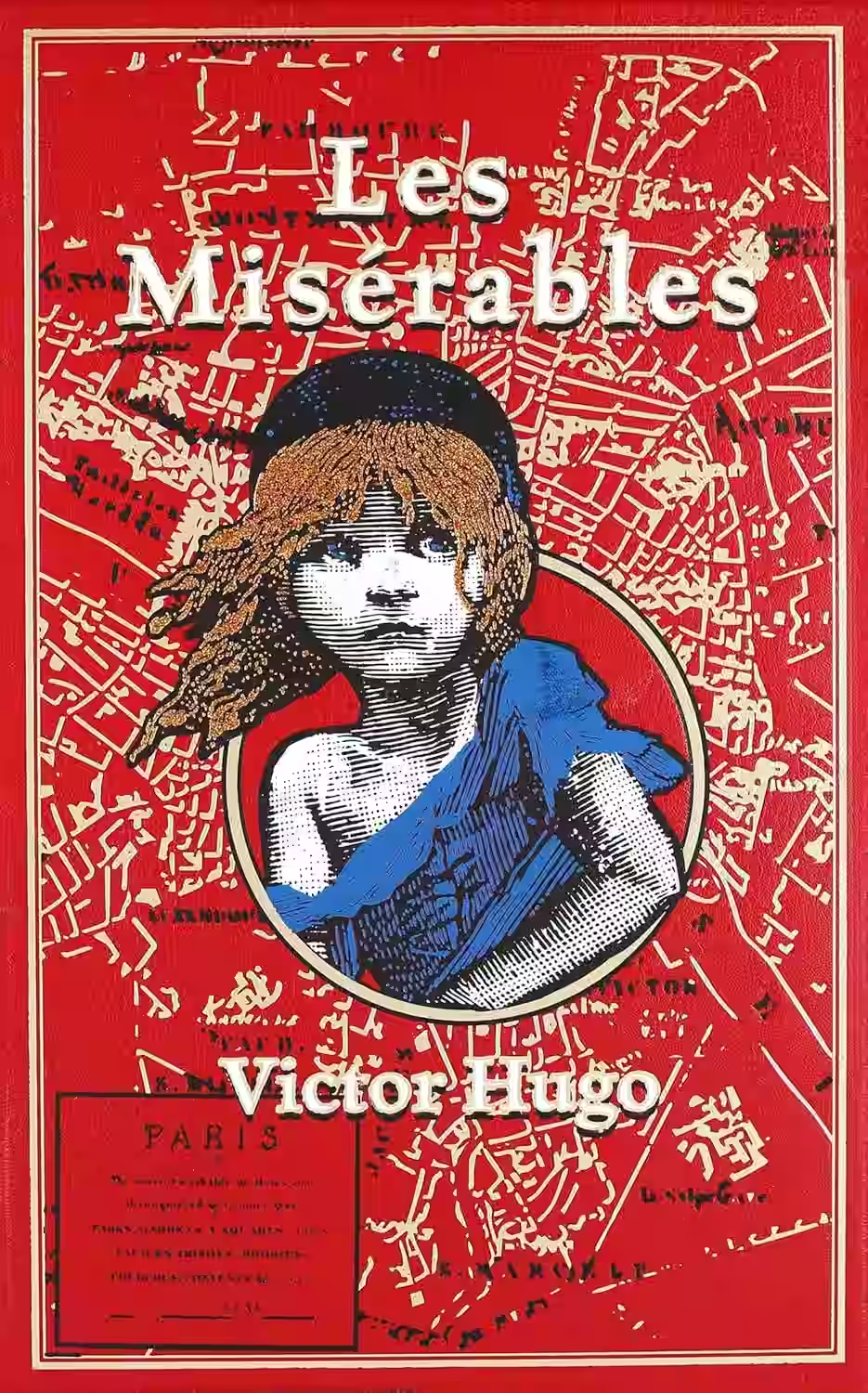
Victor Hugo’s Les Misérables is an epic novel set in 19th-century France that follows the redemption journey of Jean Valjean, an ex-convict pursued by the rigid inspector Javert. The book weaves together stories of love, revolution, injustice, and mercy, featuring characters like the destitute Fantine, her daughter Cosette, and the student Marius. A profound social commentary on poverty, class, and morality, it combines human drama with philosophical reflection. Its enduring themes and sweeping narrative have made it a cornerstone of classic literature.
About Victor Hugo
A French poet, novelist, and dramatist, a towering figure of the Romantic movement. His monumental novels, Les Misérables and The Hunchback of Notre-Dame, are celebrated for their epic scope, social commentary, and deeply human characters. Hugo's work championed the downtrodden, explored themes of justice, redemption, and love, and often critiqued societal injustices. His passionate prose, vivid descriptions, and profound moral vision cemented his status as a literary giant and an enduring voice for humanity.
Other Books by Victor Hugo
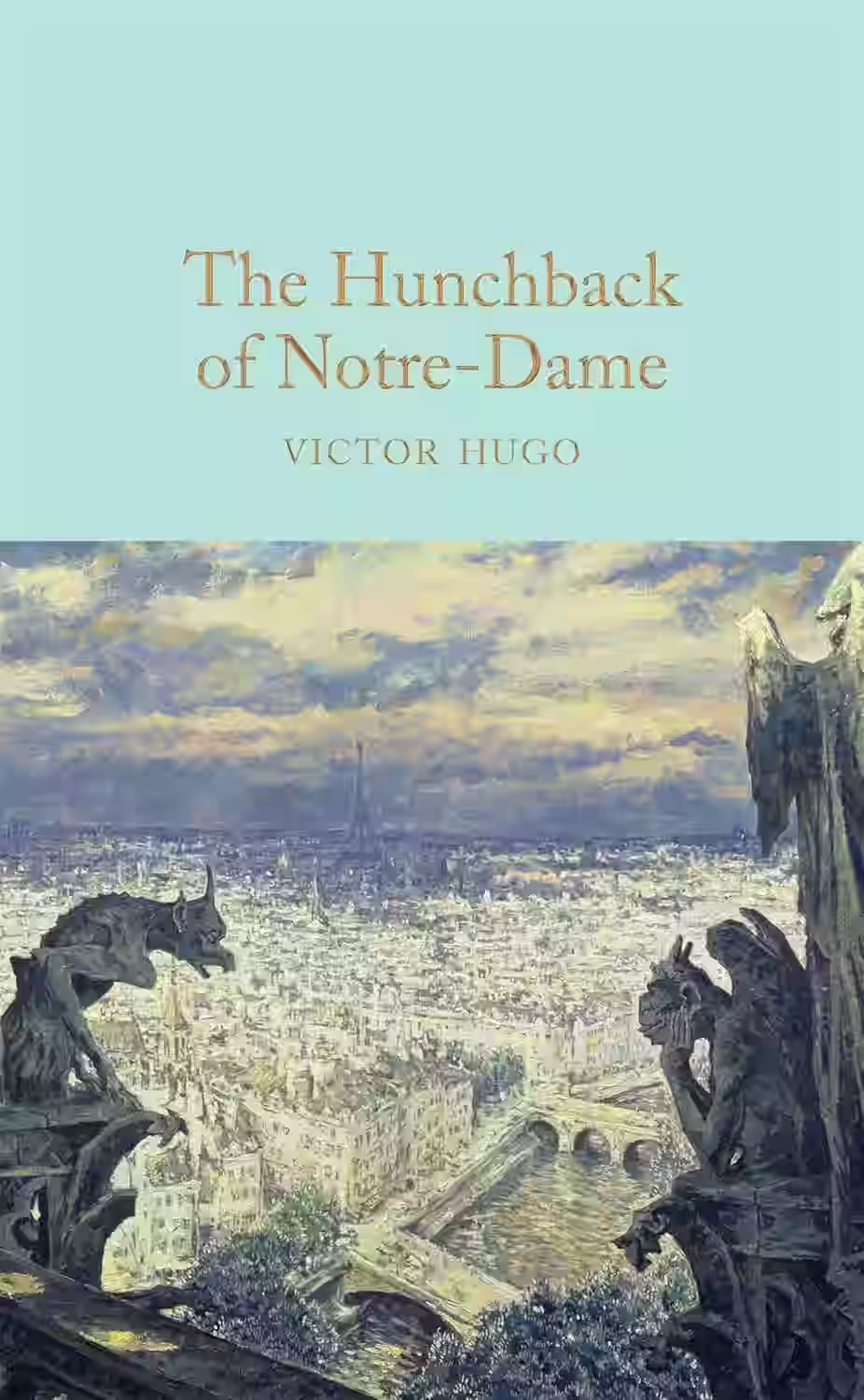
The Hunchback of Notre-Dame
by Victor Hugo
An emotionally stirring story, Victor Hugo's The Hunchback of Notre-Dame is rightfully considered to be one of the finest novels ever written. Rejected by fifteenth-century Parisian society, the bell-ringer Quasimodo believes he is safe under the watchful eye of his master, the Archdeacon Claude Frollo. But after Quasimodo saves the beautiful Romani girl Esmeralda from the gallows and brings her to sanctuary in the cathedral, he and Frollo's mutual desire for her puts them increasingly at odds, before compassion and cruelty clash with tragic results.
Similar Books
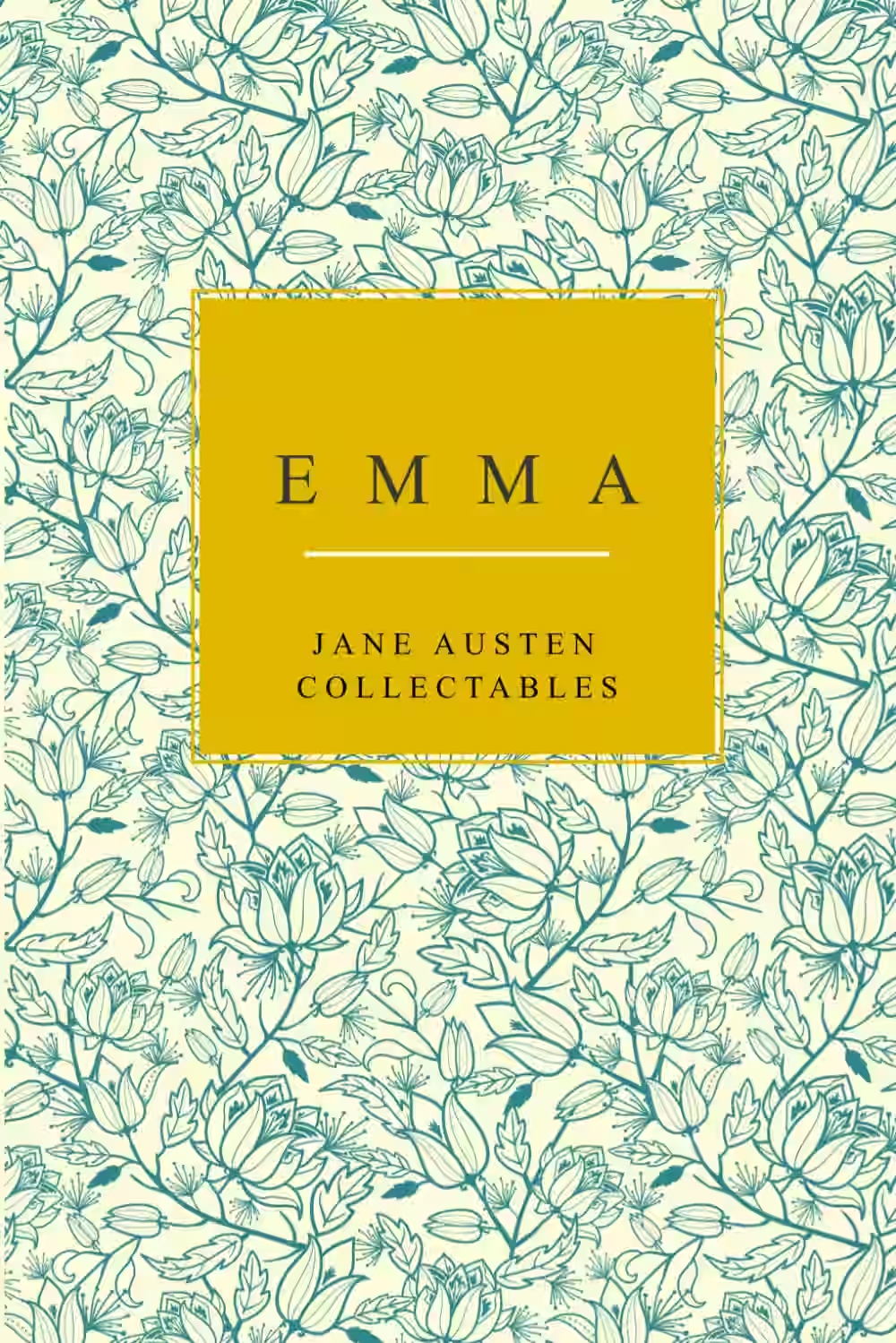
Emma
by Jane Austen
In Emma, Jane Austen crafts a witty and insightful portrait of a young woman who delights in matchmaking but misjudges her own feelings and those of others. Set in a quiet English village, the novel follows Emma Woodhouse as she navigates the social intricacies of love, class, and friendship. Though intelligent and charming, Emma’s meddling leads to misunderstandings that reveal her need for self-awareness. This classic novel explores personal growth and the pitfalls of pride with enduring humor and elegance.
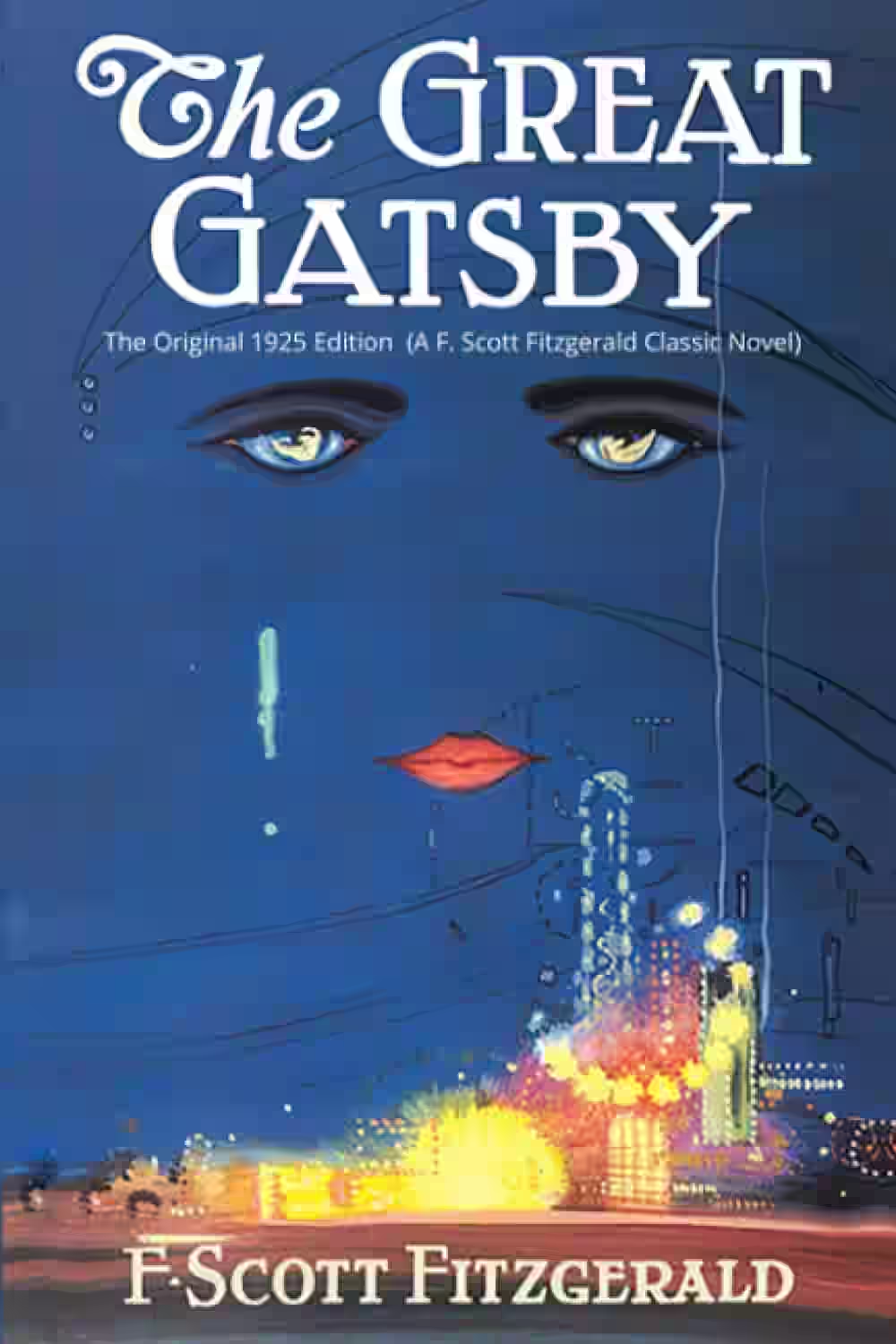
The Great Gatsby
Set in the decadent summer of 1922, this masterpiece follows mysterious millionaire Jay Gatsby's obsessive pursuit of his former love, Daisy Buchanan. Through the eyes of narrator Nick Carraway, the story unfolds in a world of lavish parties and empty morality, exploring themes of wealth, love, and the corruption of the American Dream. As Gatsby's facade crumbles, the novel reveals the hollow heart of the Jazz Age.
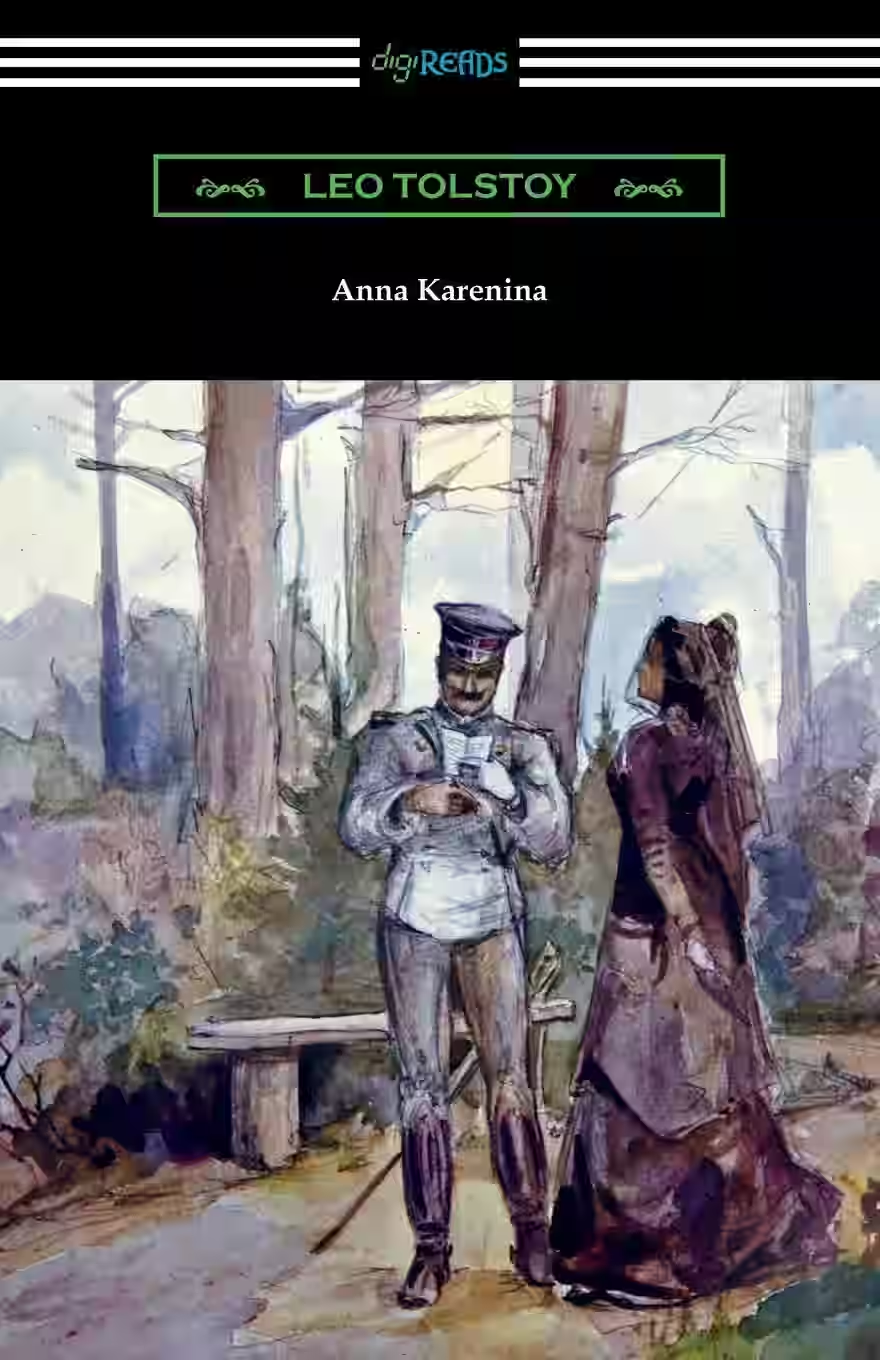
Anna Karenina
by Leo Tolstoy
Acclaimed by many as the world's greatest novel, Anna Karenina provides a vast panorama of contemporary life in Russia and of humanity in general. In it Tolstoy uses his intense imaginative insight to create some of the most memorable characters in all of literature. Anna is a sophisticated woman who abandons her empty existence as the wife of Karenin and turns to Count Vronsky to fulfil her passionate nature - with tragic consequences. Levin is a reflection of Tolstoy himself, often expressing the author's own views and convictions.
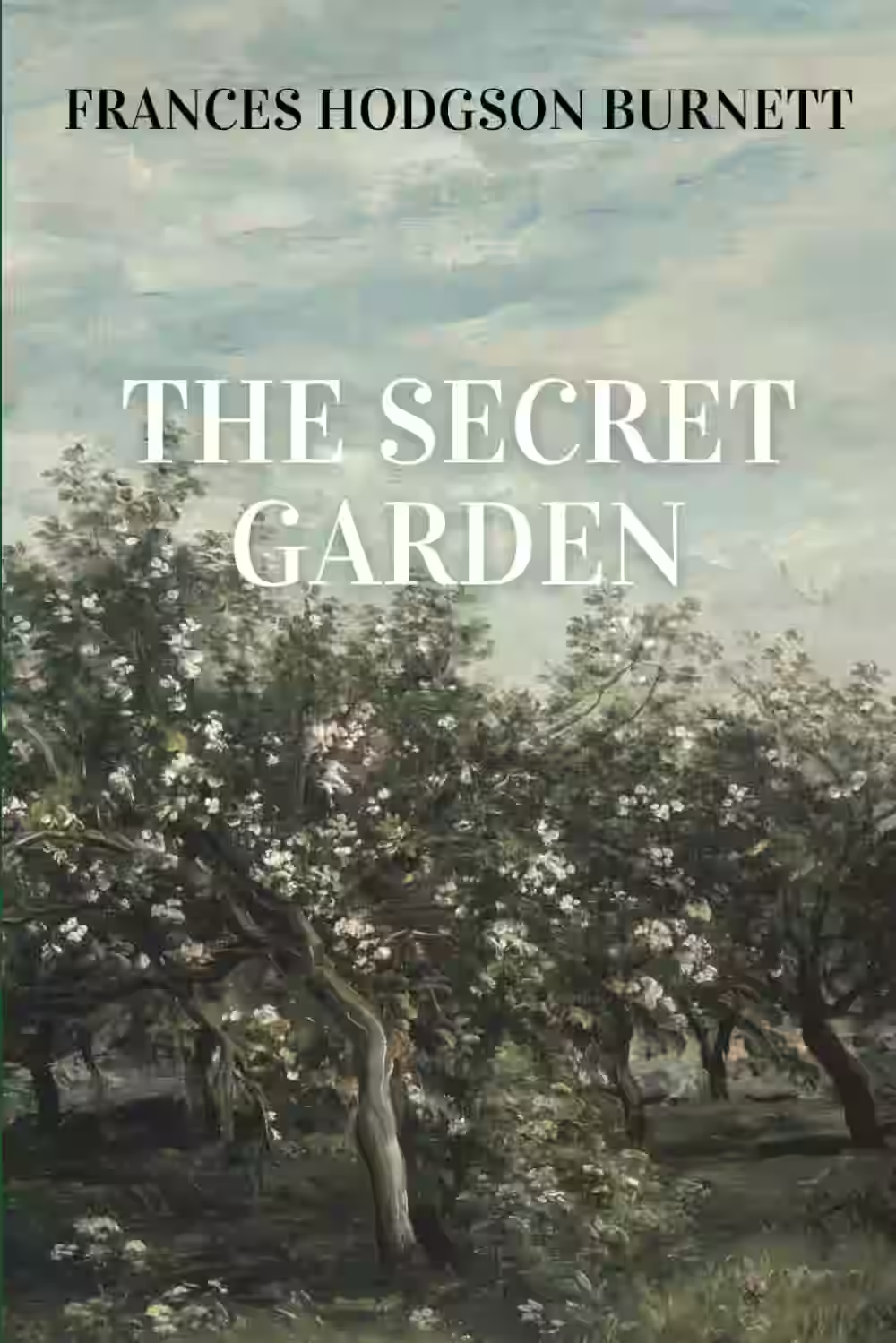
The Secret Garden
First published in 1911, this children’s classic tells the story of Mary Lennox, a spoiled and lonely girl sent to live with her uncle in a mysterious English manor. There, she discovers a hidden, neglected garden and begins restoring it—alongside her cousin Colin and friend Dickon. As the garden blooms, so do the characters, who undergo emotional and physical transformations. The Secret Garden celebrates the healing power of nature, friendship, and hope. Rich with symbolism and Victorian charm, it remains a timeless tale of personal growth and rejuvenation that continues to captivate readers of all ages.